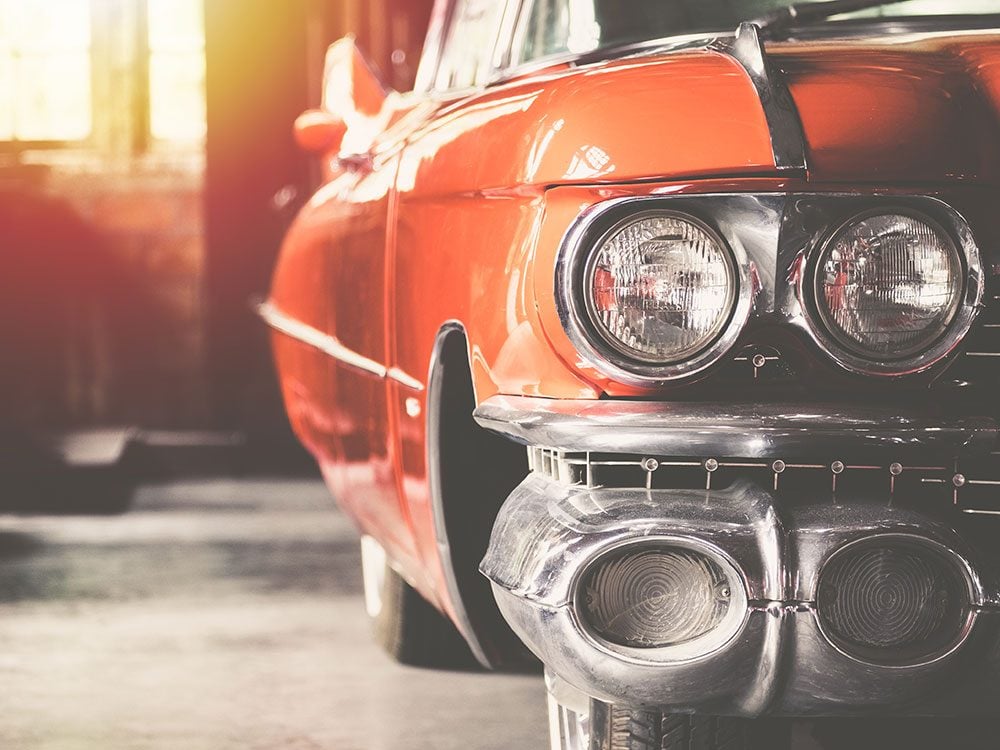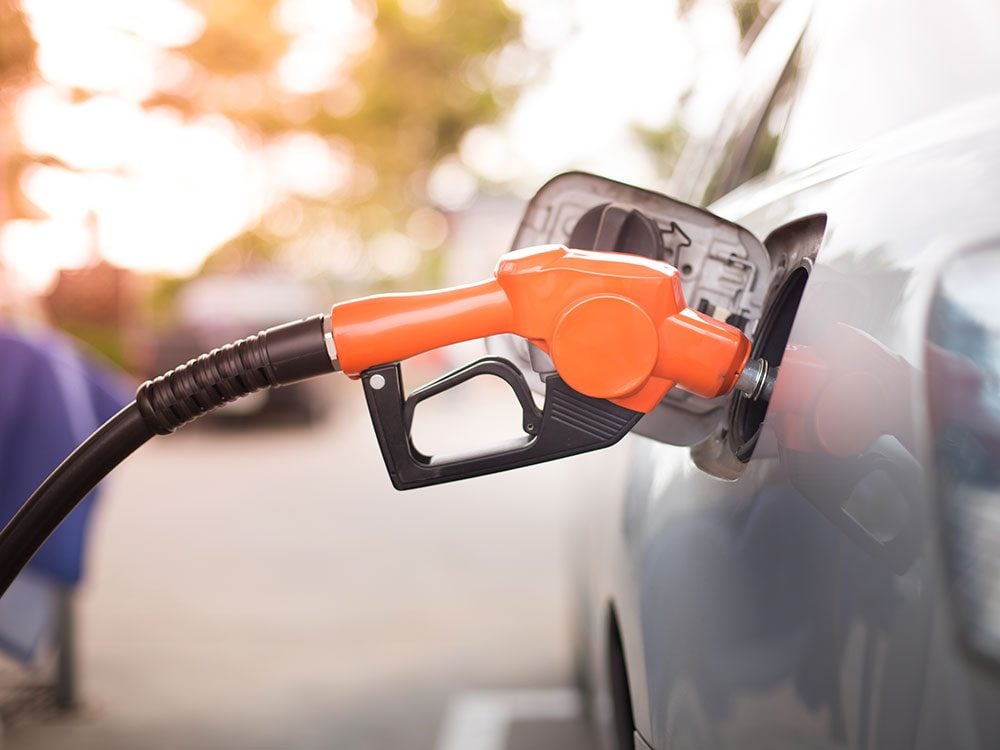
Is old gas in the tank bad for your car?
If you have a car that hasn’t been driven for a while, you might be wondering if the gas in the tank is still okay or if it needs to be removed and fresh gas added. Here’s your answer.
In almost every case, old gas is not an issue. Gas that sits does slowly go bad. However, gas that sits even for a few months can be redeemed by topping off the tank with fresh gas. When the fresh gas mixes with the older gas, the motor will operate properly. John Ibbotson, chief mechanic at Consumer Reports, says that, “The new gas will mix with what’s already in your tank, and any variance in the octane will be adjusted for automatically by your car’s engine computer.” The adjustment will get the engine running back to normal.

What happens when gas gets old?
If gas sits, it begins to degrade in a couple of ways. In time, gas will lose octane. Octane is the combustible part of gasoline. The higher the octane rating (think 87, 89, 93), the better the air-fuel mixture and the better the combustion in the cylinders.
Old gas also loses its volatility—how explosive it is—as it ages. The decrease in volatility decreases engine performance. Residues and water from gas burning can also build up in the engine and gas as it sits. None of these bode well for engine function.
Find out how gas pumps know when your car’s tank is full.

How old is too old for gas?
Degradation occurs from the get-go but most gas stays fresh for a month or two without issue. However, gas that is more than two months old is generally okay to use with only minor decreases in performance. Gas that is older than a year can cause issues, like engine knocking, sputtering and clogged injectors. Bad gas can be drained from the tank to prevent damage to the engine. One caveat to keep in mind is that there is no way of knowing how old the gas is when you first pump it into the car.
Discover the expensive mistakes you could be making at the gas pump.

What can you do to protect the car if you store it?
Ronald Montoya, senior consumer advice editor at Edmunds, suggests topping off the engine to prevent water accumulating in the engine and adding a fuel stabilizer in the engine to slow the breakdown of the gas. Fuel stabilizers can extend the life of gas for up to 15 months. Be sure to add the stabilizer to fresh gas. Finally, if you can’t store the car inside cover it with an all-weather cover.
Next, find out if driving without AC actually saves gas.